5 Common Misconceptions People with Depression are Tired of Hearing
What is up everyone? For today's post I wanted to follow up to my previous posts (here and here) about thriving with depression and address some common misconceptions about depression that I've encountered. There’s no argument that society as a whole tends to have a backwards view of mental illness. What do I mean by that? Well, we tend to think mental illness isn’t as serious as other illnesses, stigmatize it, etc. Information is misconstrued when it comes to illnesses like depression and anxiety (or just not researched at all) and that can be really detrimental to the actual mental health of someone who battles depression on a daily basis. Basically, it just plain old sucks when someone (*cough* society *cough*) minimizes or nullifies your feelings.
Specifically, I want to talk about five really common misconceptions about depression. If you have depression, chances are you’ve faced one of these five misconceptions at least once. But I don’t just want to focus on the misconceptions. I want to start a conversation about what we can do to overcome and change them. Here we go:
Depression Always has a Trigger
The answer to this question could be x, y, and z or it could be nothing. Bottom line: depression doesn’t always have to have a trigger. I think the reason people tend to believe there is a trigger for depression is because there’s usually something, a moment, when that person decides to go seek help for a feeling of melancholy or helplessness. That moment when an individual gets diagnosed with depression. This just simply isn’t true. I was spurred to go to a counselor because of my grandmother’s sudden death. Was this traumatic? Of course and yes, it did cause me to go see someone. But it didn’t trigger my depression. My depression hangs around like a lost puppy and creeps up every once and awhile for no reason. Like last week when I was throwing myself into creative projects and crashed… hard. Was the trigger then creative output? That just sounds absurd. So how do we overcome this? I don’t know that we can completely ever make people stop believing that there has to be a reason for a depressive episode. But we can try. Be open and honest about why you’re feeling depressed. If it’s for literally no reason you can possibly point to, then tell people that! It’s also important for people to remember that depression is different for everyone.There are different types, different triggers (or lack of triggers), and different levels of severity.
Depression Means You're on Antidepressants
After my initial diagnosis, I was on antidepressants for nearly two years before I decided to stop taking them. There were many reasons I made this decision and it wasn’t one I took lightly. For some people, antidepressants are extremely beneficial. For others, they do nothing. The point is, just as depression is different for everyone, so is treatment. Just because you have depression doesn’t automatically mean you have to take antidepressants or even that you’ll be on antidepressants for the rest of your life. There’s another side to this discussion as well and that is that antidepressants aren’t a cure all for depression. You don’t just start taking medication and wake up the next morning and everything is sunshine and rainbows (I mean, it might be because people with depression are depressed 24/7 but that’s besides the point). One of the things that really gets under my skin the most is when I mention having a depressive episode and people say “Are you taking your medication?” Unless you’re my mom, you have no right to even ask me that question so save us all the trouble and stop believe that antidepressants will automatically fix depression forever. PS: You should never stop taking your medicine without talking to your doctor first.
Depression Means You’re Sad
I blame this misconception less on society and more on the English language (the bastard). Depression is not a synonym of sad. It just isn’t. When I’m sad, it’s because there’s a reason, not because I have a chemical imbalance in my brain. Sadness is an emotional state. Depression is a mental illness. It’s that simple. Changing the use of depression as a synonym is simple too. We just need to stop using it. I know I can be guilty of this from time to time. It’s become such commonplace just like saying “I’m going to have a panic attack” when we get nervous. But we need to stop. The best way to describe depression isn’t that we’re sad. So why do we keep saying it?
Depression is a Choice
If you ever say this in person, prepared to get me fired up. I mean, really? You wouldn’t tell someone who has cancer that it’s their choice even if they smoked six packs of cigarettes per day so why are you saying it to someone with depression? C’mon people, it’s 2016, it’s time to stop treating mental illness as less than an illness. New flash, having a mental illness is just as bad as having any other illness you can think of. Maybe in different ways but it’s still the same. Depression is still a chronic illness. Why on earth would anyone decide to just wake up one morning and not want to get out of bed, or shower for a week, or not have an appetite. Like, no.
Depression isn’t a Real Illness
I try not to repeat myself but this time, I feel like it’s completely necessary. Depression. is. an. illness. Any type of mental illness is an illness. Mental illness is a disease. It infects you to your very core. It will keep you from doing the things you love, giving your loved ones your all, make it more difficult for you to get work done, etc., etc. Honestly by this point if you’re reading this and don’t believe depression is a real and serious illness then there is nothing I can say to make you feel that way. If you’re with me, holla at your girl. But in all seriousness, mental illness is an illness. It doesn’t matter whether or not you can physically see the side effects. Pretty sure you won’t find that in a medical textbook under “what makes an illness and illness,” just saying.
How can we overcome and change these common misconceptions about depression? Leave your thoughts below!
Related Posts
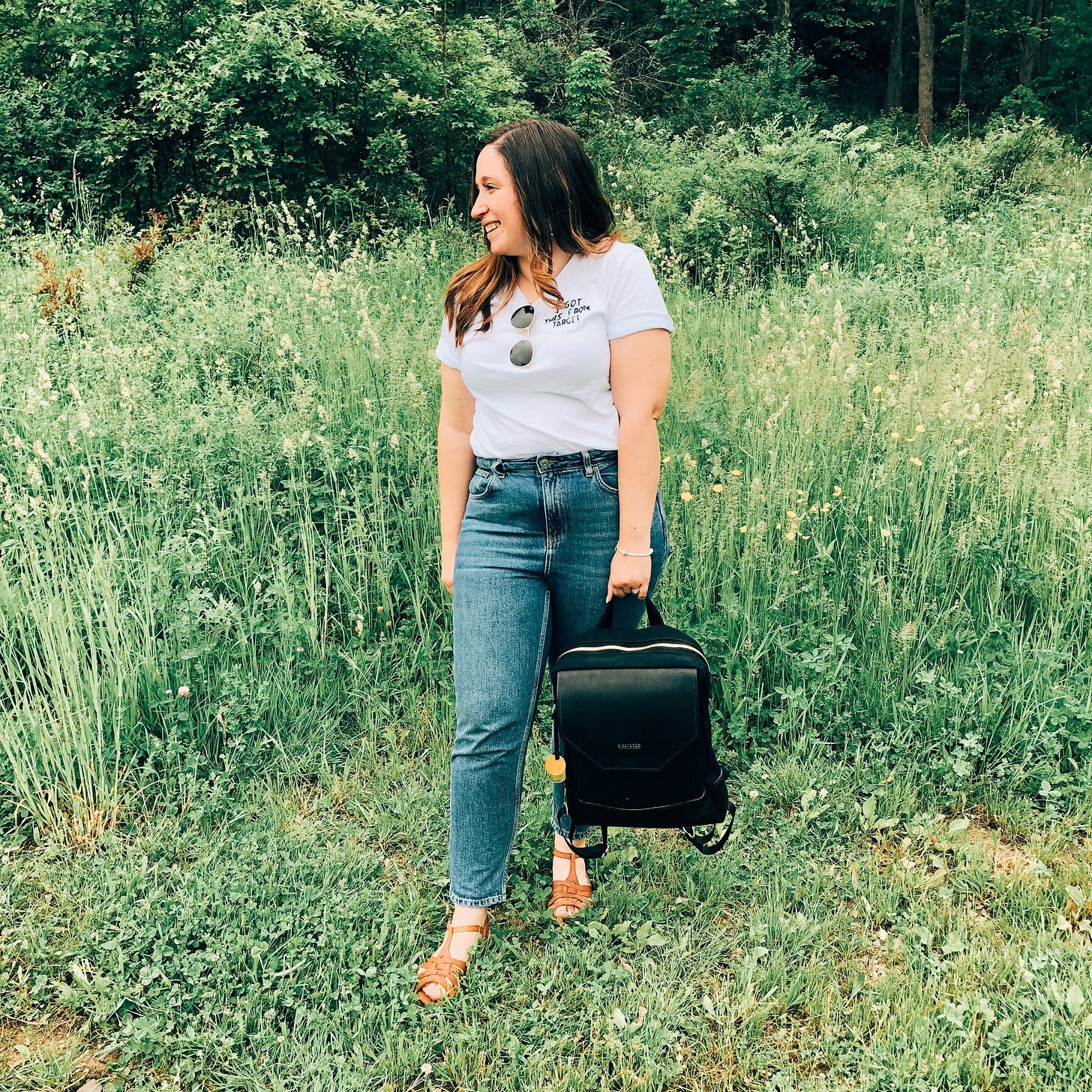
AM Coffee Talk #24 - A Chat about Depression and Suicide
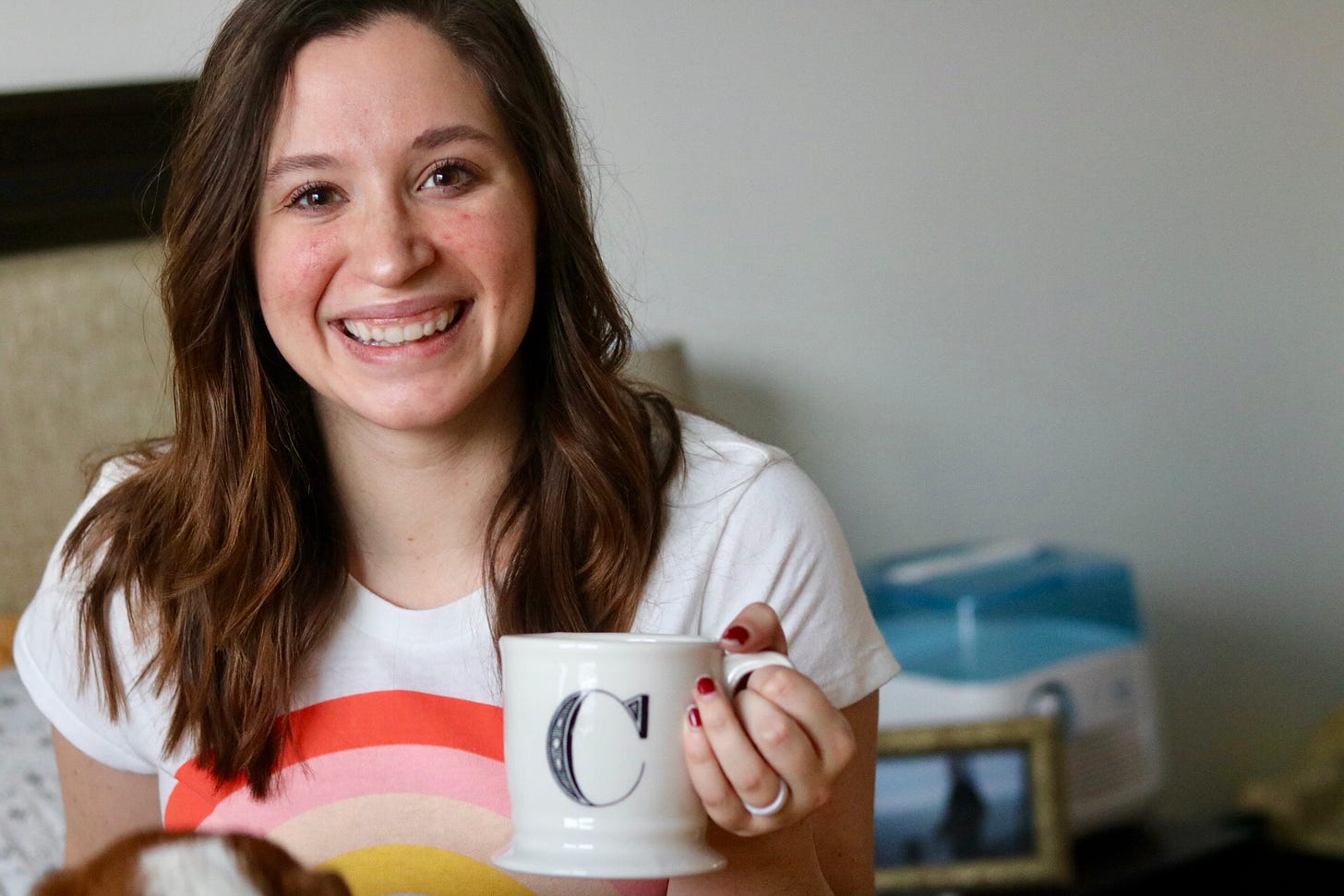
This is What Depression Looks Like - Mental Health Awareness Month
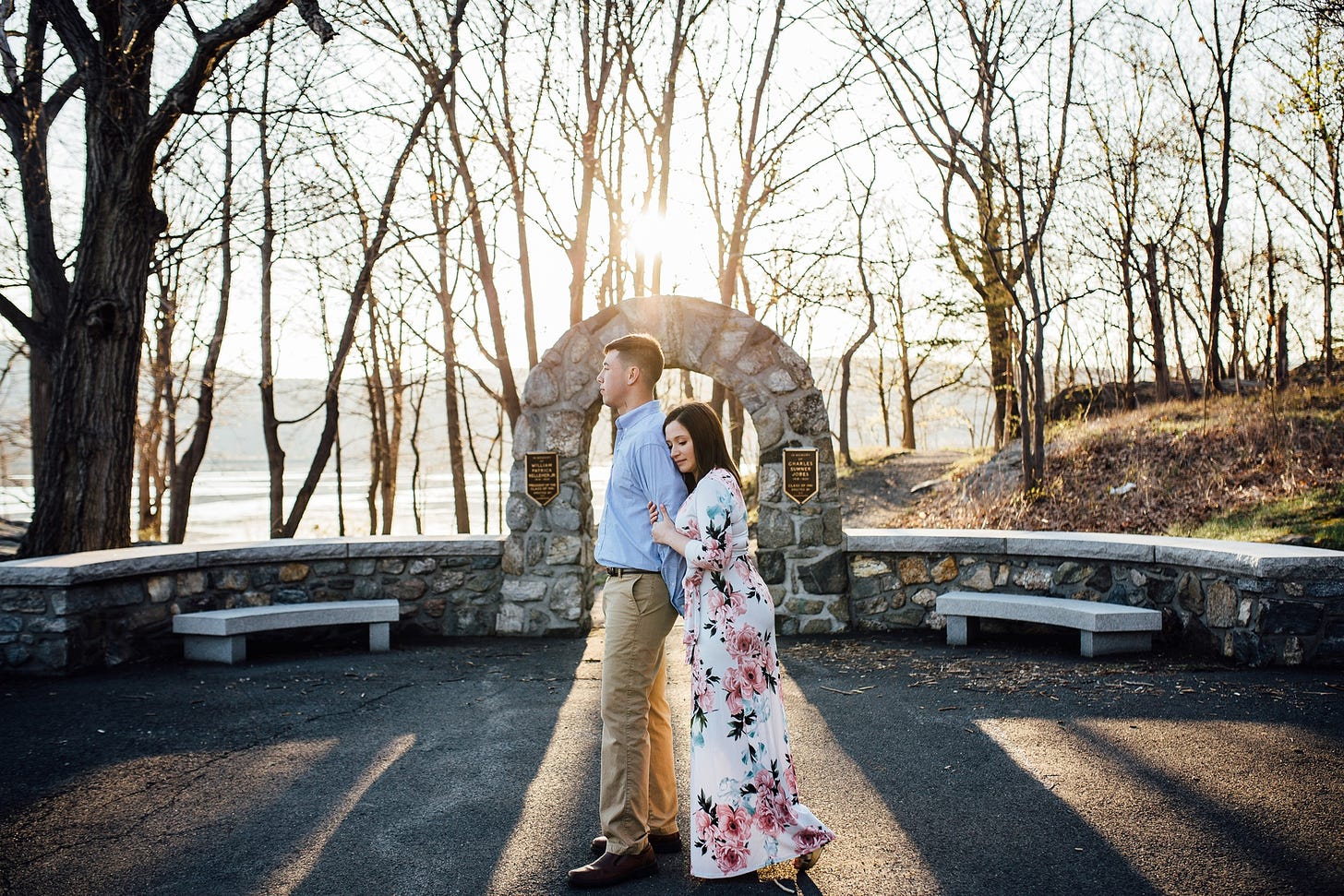
Is Having Anxiety about Marriage Normal?
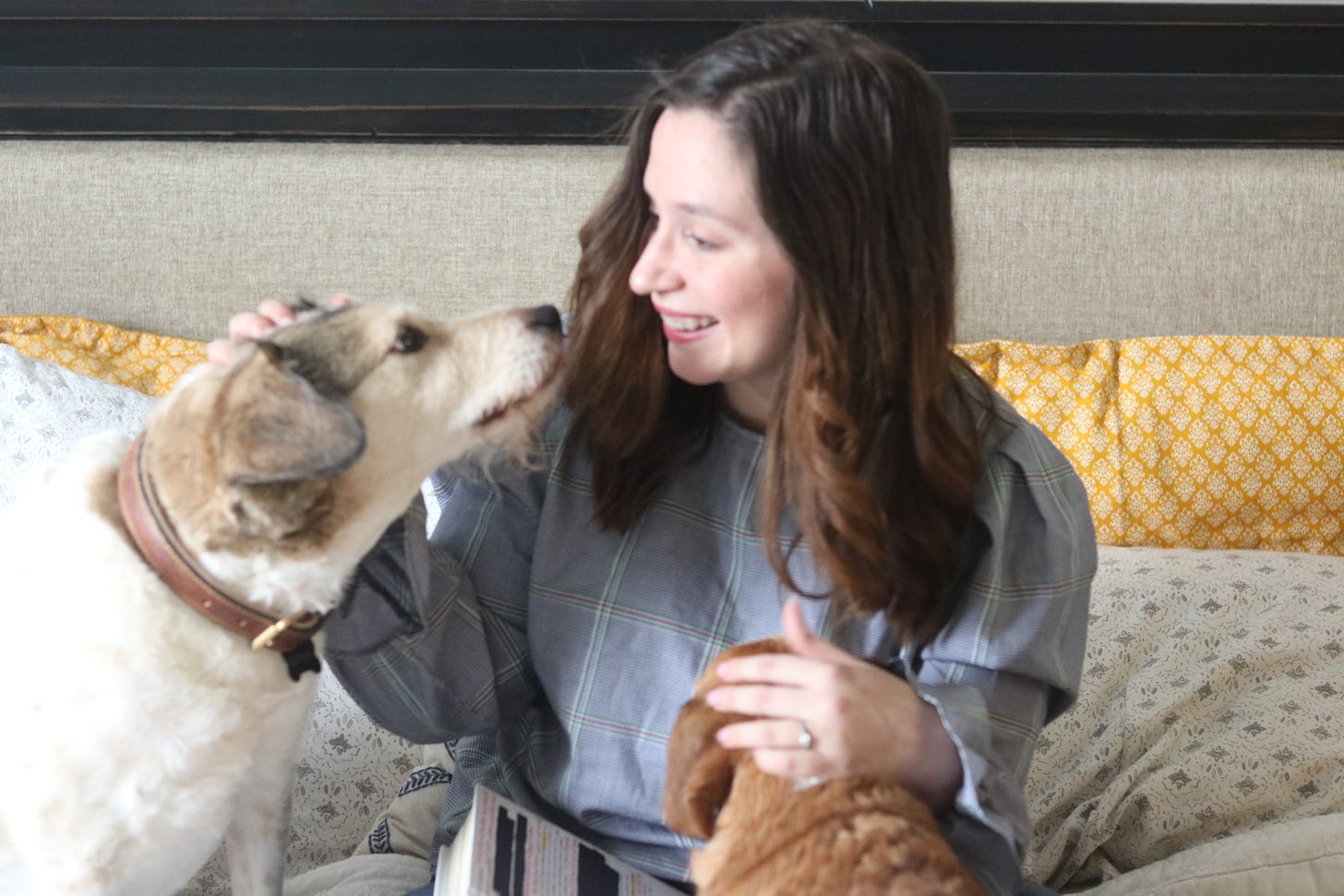
5 Ways I Actually Deal with My Anxiety That You May Not Have Heard Before!
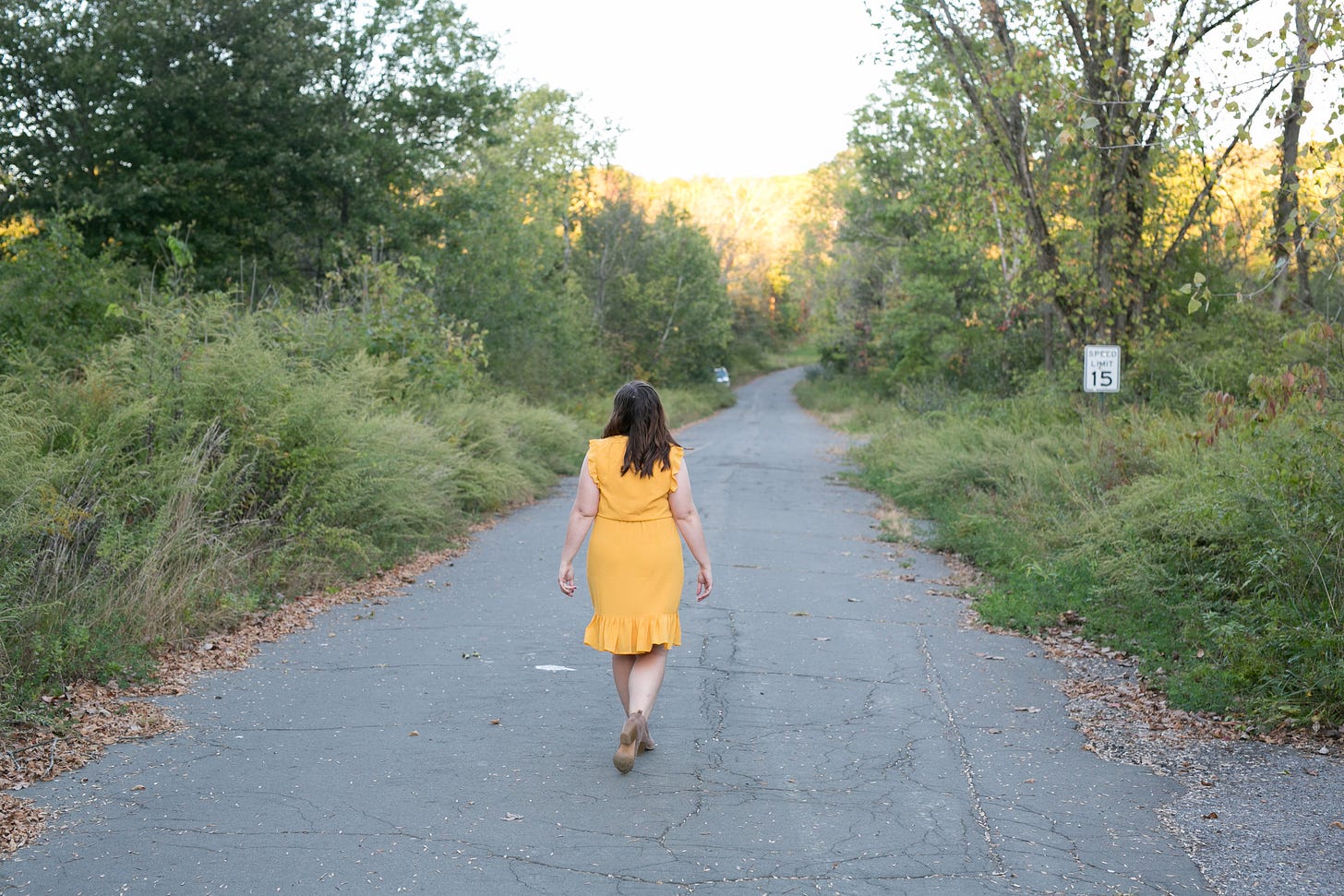
My Struggle with Anxiety Disorder + Depression
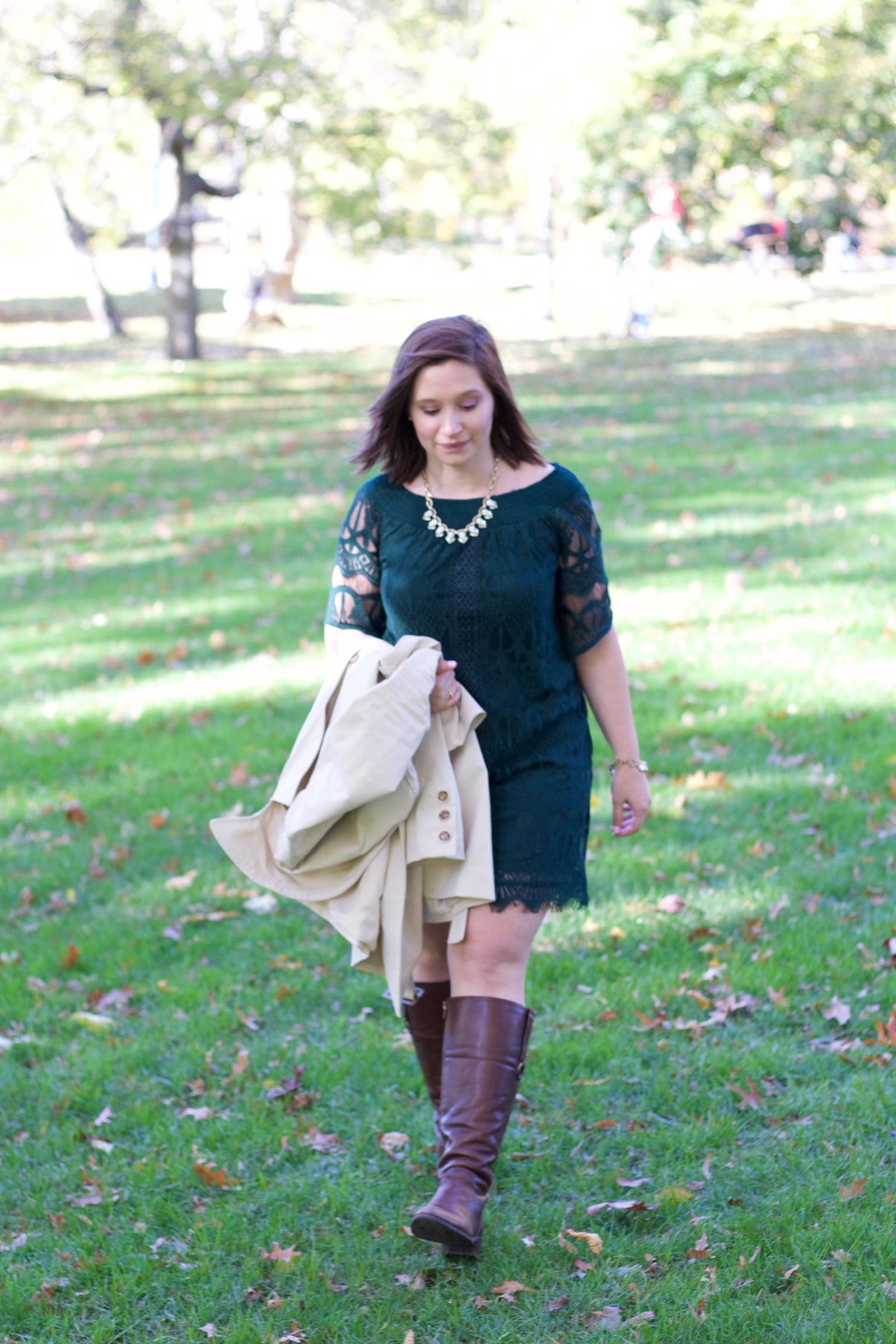
5 Common Misconceptions People with Depression are Tired of Hearing
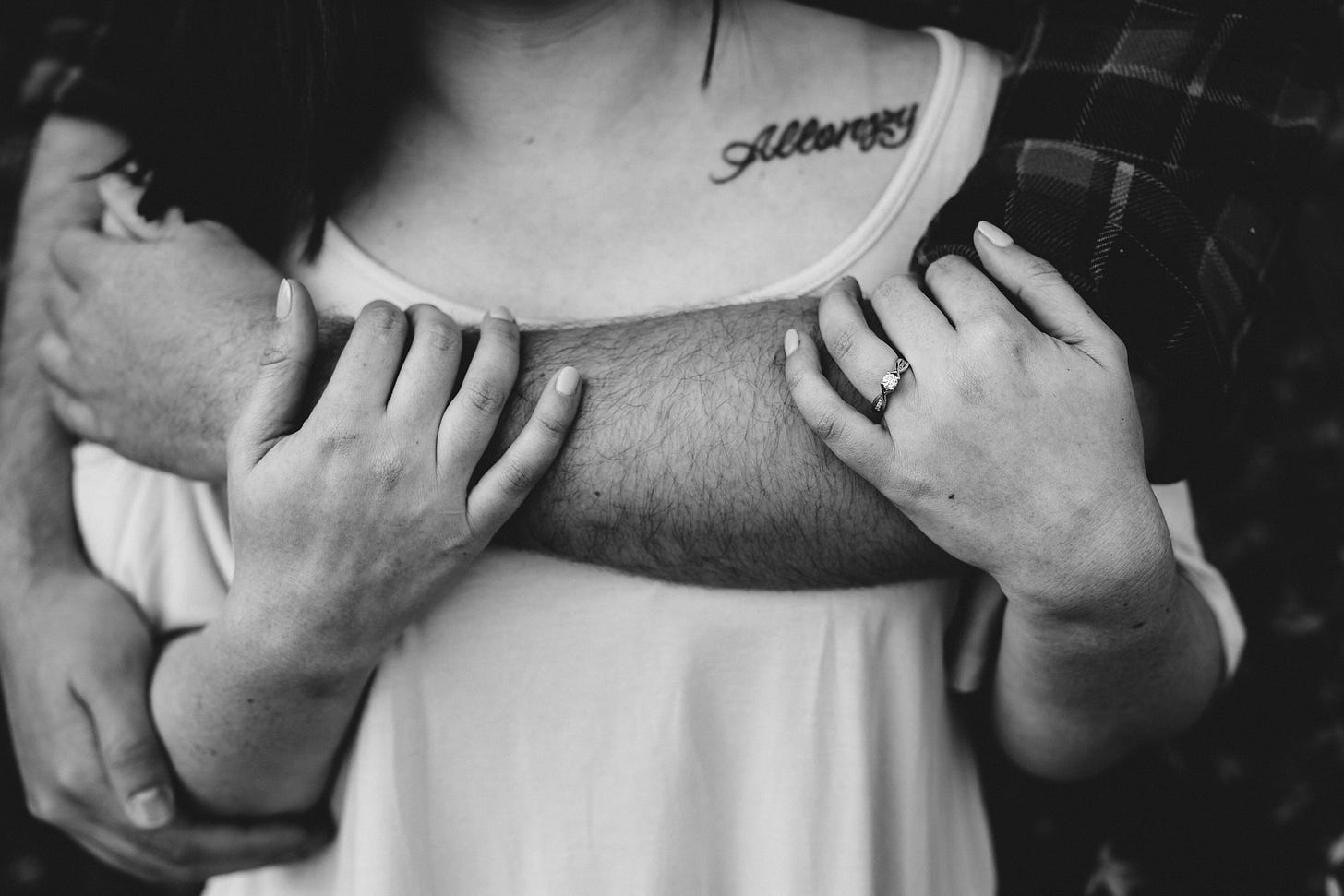
What Every Twenty-Something Should Know about Depression and Relationships
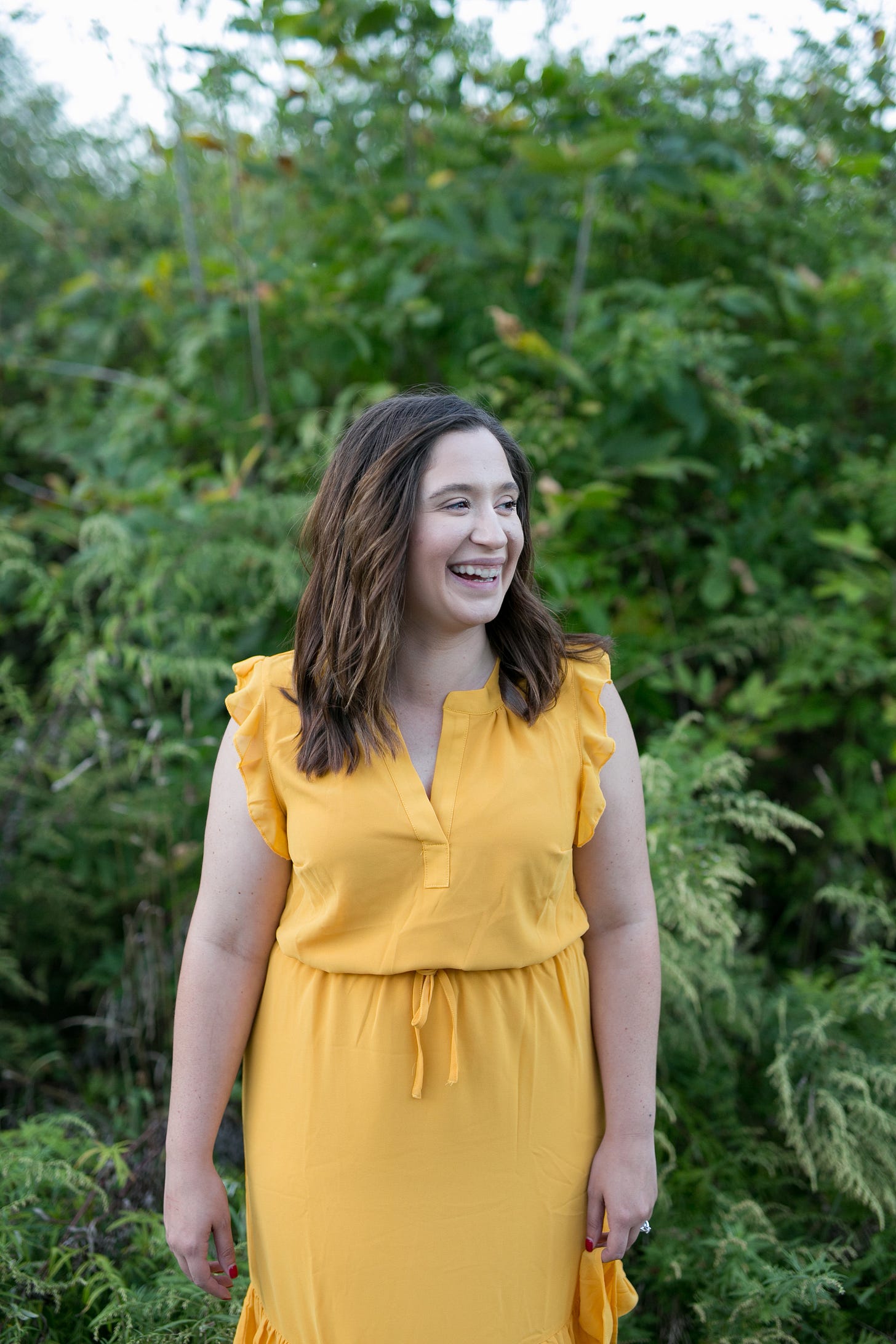
How to Thrive with Depression | My Story + Depression Tracker




